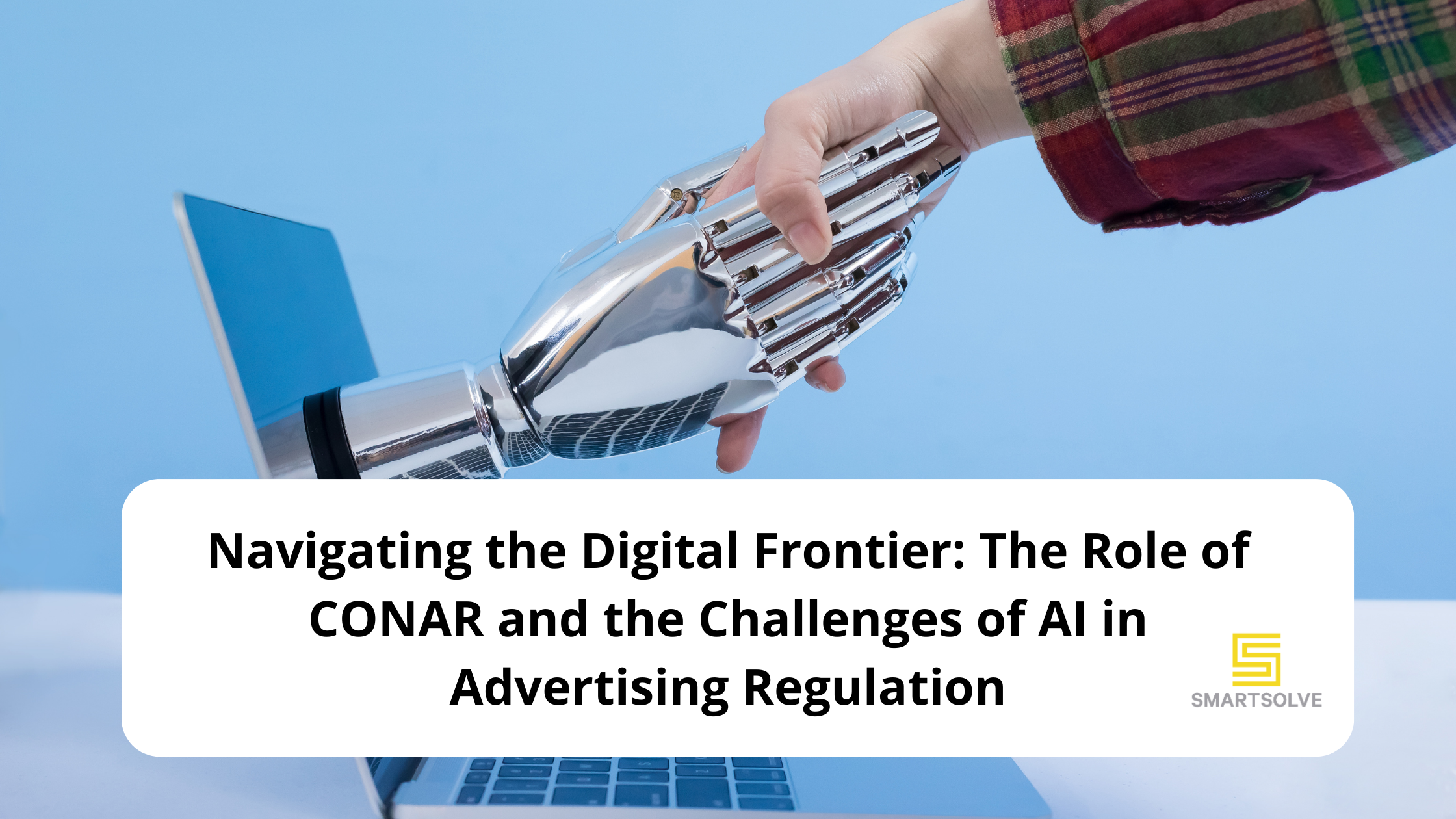No cenário em constante evolução da publicidade digital, o surgimento da inteligência artificial (IA) tem sido tanto uma bênção quanto um problema. À medida que as tecnologias de IA se tornam cada vez mais sofisticadas, elas abrem novos caminhos para a criatividade e eficiência na publicidade. No entanto, também apresentam desafios sem precedentes, particularmente no âmbito da conformidade regulatória e da publicidade ética. É aqui que o papel do Conselho Nacional de Autorregulamentação Publicitária (CONAR) no Brasil se torna crucial.
The Growing Influence of AI in Digital Advertising
AI's impact on digital advertising is profound. From personalized ad targeting to automated content creation, AI tools are reshaping how brands interact with their audience. However, this technological leap forward brings with it the risk of creating misleading or fraudulent content. AI can generate hyper-realistic images and videos, known as deepfakes, which can be used unethically in advertising, blurring the lines between reality and fabrication.
CONAR's Role in Upholding Ethical Standards
O CONAR, como uma organização de autorregulamentação, desempenha um papel fundamental na manutenção dos padrões éticos na advertising. Sua missão é garantir que os anúncios, independentemente do meio, sejam verdadeiros, honestos e socialmente responsáveis. Na era da IA, as diretrizes e códigos de conduta do CONAR tornam-se ainda mais significativos. Eles servem como uma bússola orientando os anunciantes na criação de conteúdo que não seja apenas inovador, mas que também adira aos padrões éticos e legais.
Challenges in Regulating AI-Generated Content
One of the primary challenges CONAR faces in the digital realm is the regulation of AI-generated content. The ability of AI to create realistic and persuasive content can lead to issues such as:
- Misinformation: AI can be used to create false or misleading information, which can deceive consumers and tarnish brand reputations.
- Authenticity Concerns: Determining the authenticity of content becomes challenging when AI can mimic human-like creativity.
- Ethical Implications: The use of AI in creating hyper-targeted ads raises privacy and ethical concerns, particularly regarding consumer data usage.
Adapting Regulatory Frameworks for the Digital Age
To effectively address these challenges, CONAR needs to adapt its regulatory frameworks to the nuances of digital and AI-driven advertising. This involves:
- Updating Guidelines: Incorporating specific clauses that address AI-generated content and its ethical use in advertising.
- Educating Stakeholders: Raising awareness among advertisers, agencies, and the public about the ethical use of AI in advertising.
- Collaboration with Tech Experts: Working alongside AI experts to understand the capabilities and limitations of AI technologies in advertising.
Conclusion: Balancing Innovation with Responsibility
The integration of AI in digital advertising presents a unique set of challenges that require a balanced approach. While embracing the innovative potential of AI, it is equally important to uphold ethical standards and protect consumer interests. CONAR's role in this balancing act is indispensable. By continuously evolving its regulatory frameworks and fostering a culture of ethical advertising, CONAR not only safeguards the integrity of the advertising industry but also ensures that the benefits of AI are harnessed responsibly and transparently. As we venture further into this digital age, the collaboration between regulatory bodies, advertisers, and technology experts will be key in navigating the complex interplay of AI, ethics, and advertising.
(ARAUJO, Robson. Navigating the Digital Frontier: The Role of CONAR and the Challenges of AI in Advertising Regulation)











